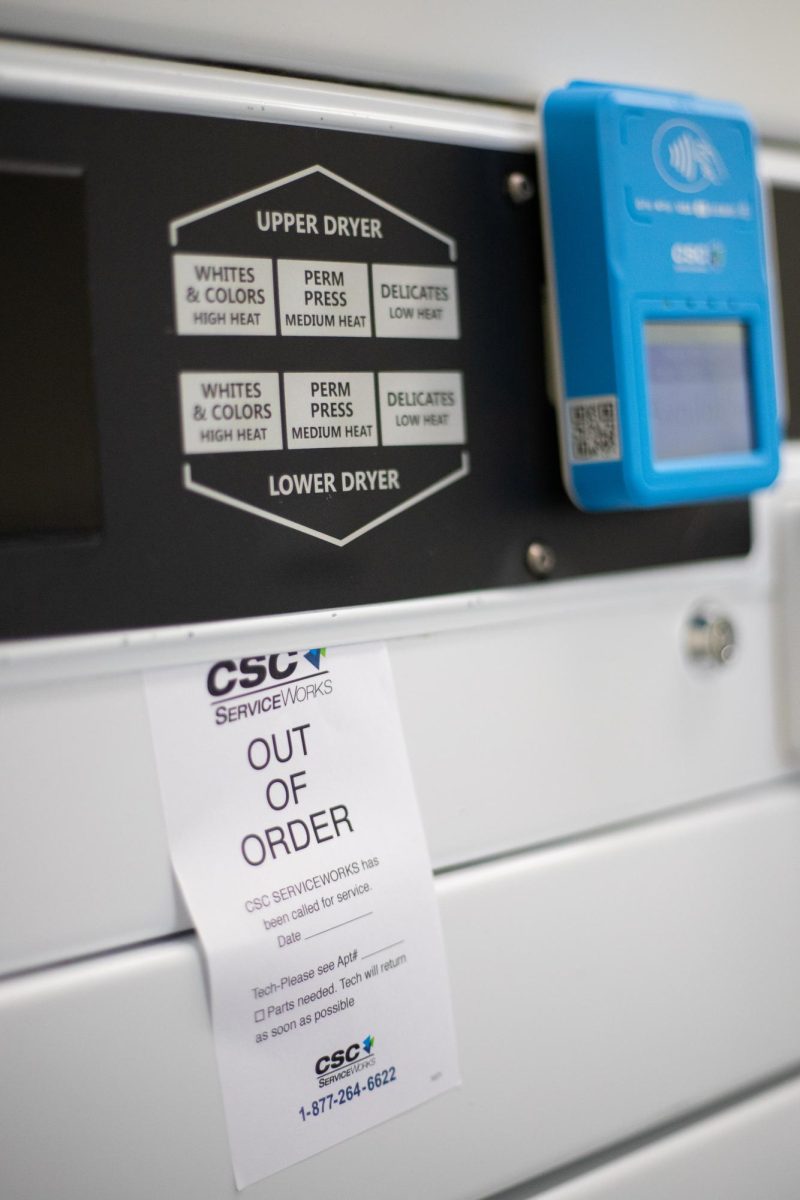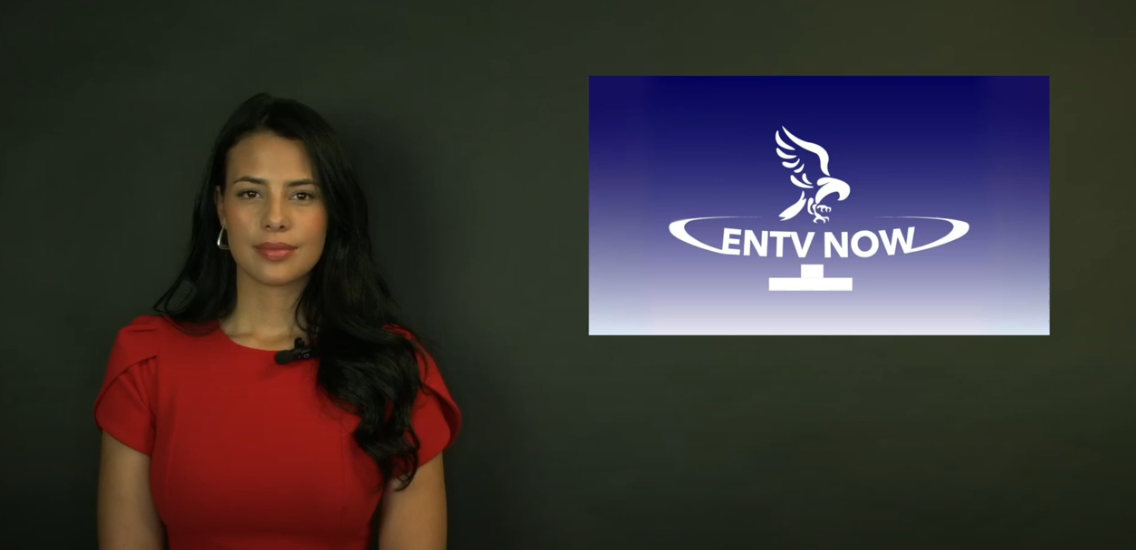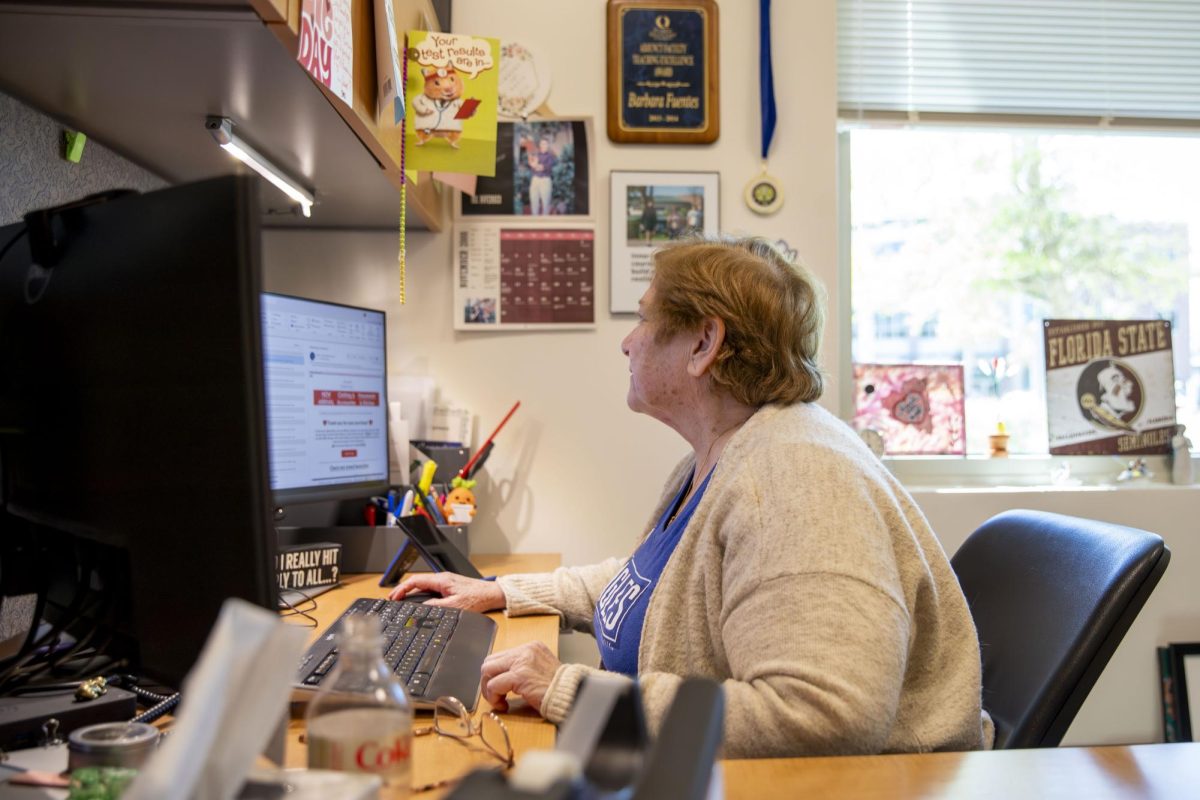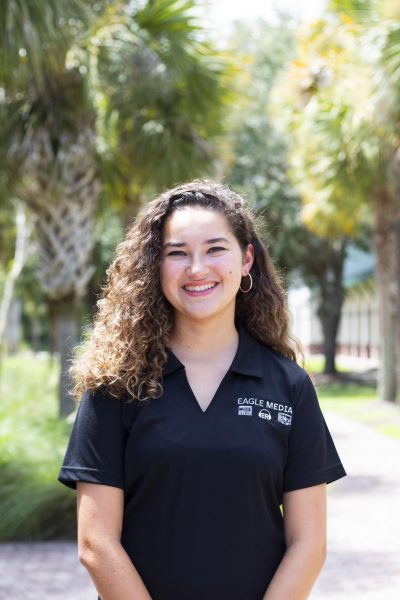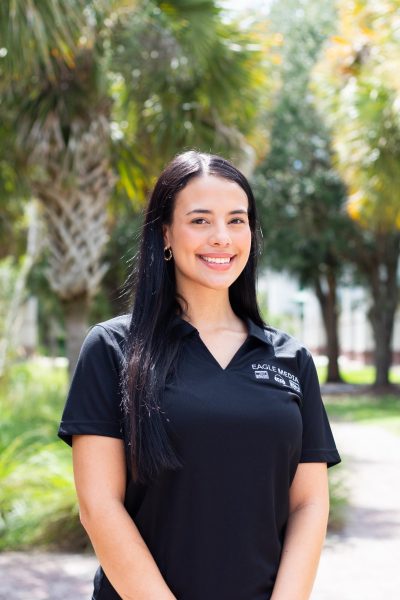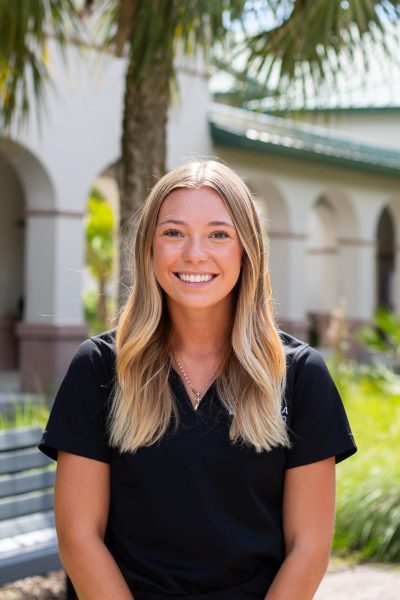Upon arriving back to campus at the beginning of the fall semester, many students living on campus were in a predicament when trying to do their laundry. The laundry machines weren’t working.
Over the summer, the university installed new tap-to-pay card readers on each washer and dryer in all housing laundry facilities. The endeavor aimed to improve students’ laundry experience, but it made it harder for them to do their laundry.
“The tap-to-pay machine, if you were to use it, you have to tap it multiple times just to get it to load,” Nicole Gaitan, a South Village resident, said. “It was definitely really annoying just trying to go walk around to each different room just to see if washing machines or dryers even work.”
When this problem started, the card readers were defective, so they could only accept coins. Then, a software update made the machines inoperable.
“The boards that came with the new card readers, especially for the dryers, there’s a defect. And so until we get the new ones in, we got to work with this defect, and that’s going to be our mission right now, is to again every morning, make sure that we start the day with functioning washers and dryers,” Ron Dalton, Director of Maintenance Operations, said.
It had become an unexpected and time-consuming task for the workers responsible for fixing the laundry. Dalton admitted this is not particularly favorable to him.
“This isn’t what I want to do every morning,” Dalton said. “Going through and resetting dryers.”
The provider of these new card systems and the laundry machines themselves is a company called CSC Serviceworks. Therefore, it is not only the responsibility of Maintenance Operations to reset and fix the machines, but the technicians who work for that company are also responsible for resetting and fixing them.
“The ones with the error message so far have been the dryers, not the washers, and that’s because we’re having a problem with the dryer board,” CSC Serviceworks technician, Saul Sanchez, said. “When it goes ‘error 34,’ it means the reader lost communication with the board. At that point, we need to reset them.”
Though this new system is in place, students don’t need to pay with their credit or debit card. They can still pay for their laundry with coins and Eagle Dollars. However, for the first few weeks, Eagle Dollars were not working as payment.
“We started out a year behind the eight ball, because when we put these card readers in, there was a code from the software company that wasn’t correct, and that’s the reason why we didn’t have Eagle Dollars,” Dalton said. “We were working with them, and we finally got that corrected, but now we still got the boards that aren’t working correctly.”
If once the machines are fixed and they are still not working as best as they should, Sanchez and Dalton offer tips for more practical ways to fix the problem.
“Now there is one thing that I would love everybody to know, the washers work better with a full load,” Sanchez said. “When these machines go unbalanced, they’ll try to balance the load, but eventually they will stop and everything is going to come out wet. So, I do not recommend anybody to put wet clothes into a dryer, that’s a big mistake,” Sanchez said.
The CSC laundry machines have a built-in app called CSCPay Mobile used as another method of payment that could prove to communicate better with washers and dryers. Dalton wants to increase awareness of that app for students regularly doing their laundry in campus housing areas.
“Most people are using their credit cards and not going through the app. I find it, from my experience, not every credit card is built the same,” Dalton said. “But if you go through the app, the app is pretty steady. So my recommendation is that you download the app and use that going forward.”
The laundry has significantly improved since the beginning of the year but there is still room for more improvement.
“We’re working very hard to provide the level of service that our residents deserve,” Dalton said.

























